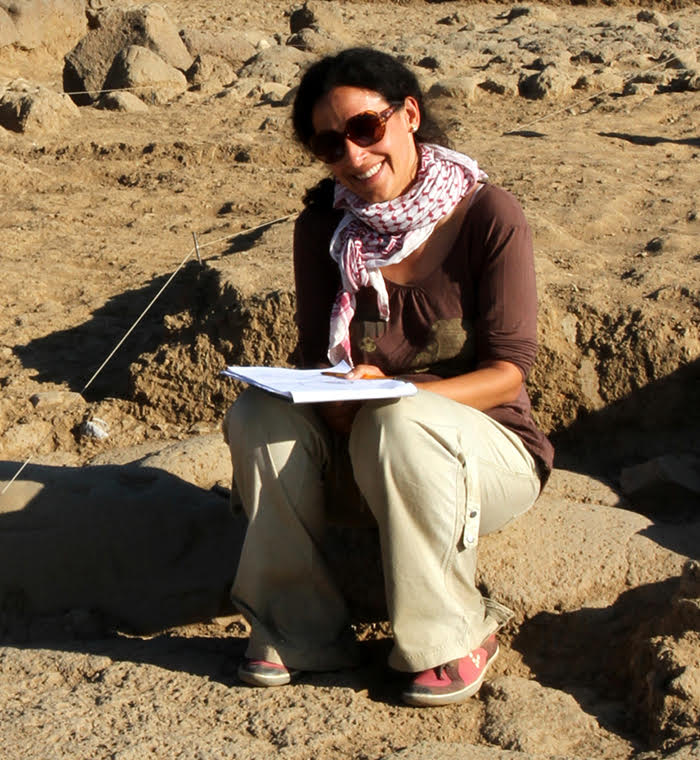MARINA PUCCI
Marina Pucci, archaeologist, is associate Professor for Near Eastern Archaeology at the Università degli studi di Firenze (Italy), where she teaches at undergraduate, graduate, and post graduate levels Archaeology of the Ancient Near East, Archaeology of Syria and Anatolia, Archaeology of Iran and Mesopotamia, and Archaeology in conflict areas. She has been working at excavations (five campaigns at Tell Afis and seven at Tell Shech Hamad) in Syria from 1997 to 2009 and in Turkey from 2012 (Tell Atchana/Alalakh, Zincirli) until the present. She completed her PhD at the Freie Universität Berlin on Syro-Hittite architecture (M. Pucci 2008, Functional Analysis of Syro-Hittite Architecture, Oxford), has been responsible for the analysis of the neo-Assyrian domestic architecture from Tell Schech Hamad (M. Pucci 2008 , “The Neo-Assyrian Residences of Tell Shekh Hamad,, Syria”, in J.M. Córdoba et al. eds, Proceedings of the 5th ICAANE, Madrid, p. 49-63; M. Pucci 2010, “The Discovery of the City-Canal of Dur-Katlimmu” in H. Kühne ed., Studia Chaburensia vol.1, Dur Katlimmu 2008 and Beyond, Wiesbaden, p. 163-174) and, from 2009 to 2012, she worked at the Vorderasiatisches Museum in Berlin on the materials excavated by the German team at the site of Zincirli (Gaziantep). From 2007 to 2013, she carried out a project at the Oriental Institute in Chicago for the analysis and publication of the materials from the site of Chatal Höyük, which were brought to light during the American excavations in the Amuq (Pucci 2019, Excavations in the Plain of Antioch III, OIP 143, Chicago). Her research focuses on the material culture of the Northern Levant, the Qoueiq plain (Syria and Turkey) and the Amuq plain (Turkey) from the Late Bronze Age I to the iron Age III.



